Oppo Find X3 Pro vs Samsung Galaxy S21 Ultra: two camera kings compete
Super zoom vs super macro
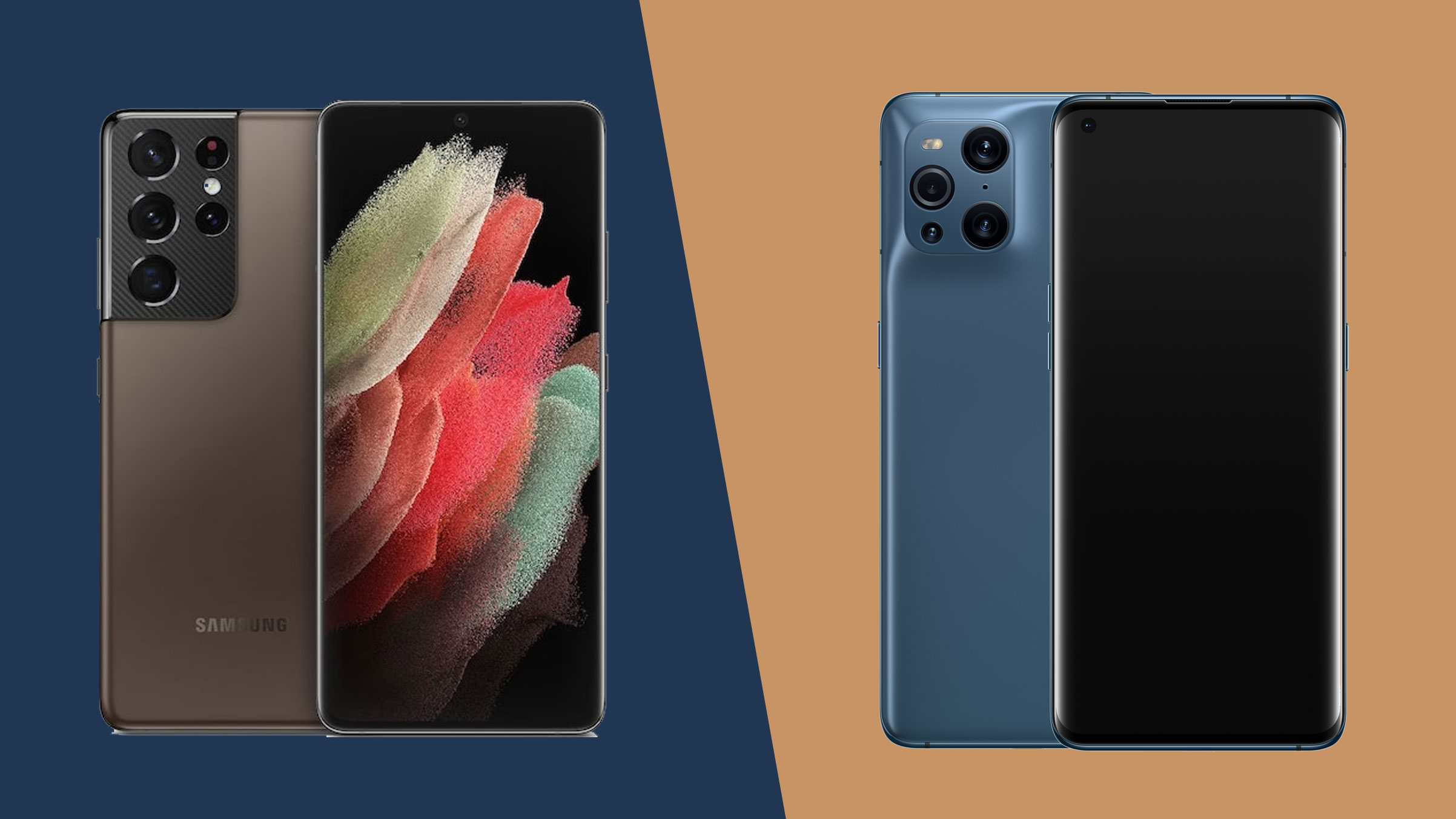
The Oppo Find X3 Pro is one of the biggest rivals to the Samsung Galaxy S21 Ultra yet. It’s tremendously powerful, has high-end specs and features, and even has a clever microlens camera that you won’t find on other phones.
So does it have the Samsung Galaxy S21 Ultra beat? Well, not in all ways, but for some people it could certainly be the better choice.
We’ve reviewed both of these phones, but below we’ll directly compare them, looking at both their on-paper specs, and how we found them in practice.
Design
The Oppo Find X3 Pro has a glass back and a metal frame, with a rear that’s mostly quite plain except for the camera bump, which rises smoothly up from the body in the top left corner. Around the front, the Find X3 Pro has a slightly curved screen with small bezels, and a punch-hole camera in the top left corner.
The Samsung Galaxy S21 Ultra also has a glass back and a metal frame, and its camera block is also in the top left corner, but it’s bigger than the Find X3 Pro’s, and doesn’t jut out as smoothly. It’s also a different shape, being more rectangular than square.
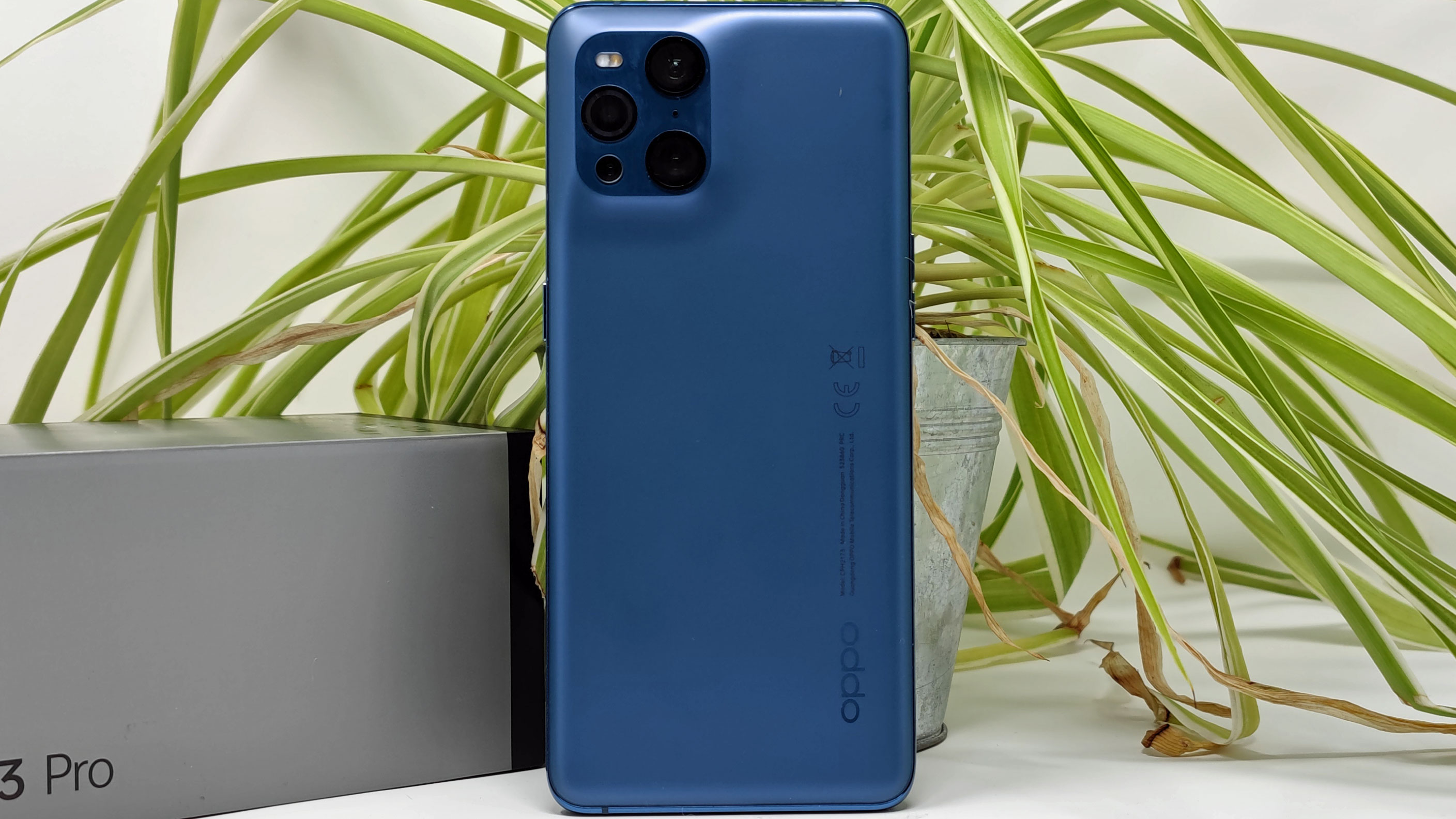
The Galaxy S21 Ultra also has a curved screen with small bezels, but its punch-hole camera is positioned in the top center. So the designs of these two phones differ, but not drastically.
Both handsets are IP68 certified for dust and water resistance, but they have different dimensions and weights, with the Oppo Find X3 Pro coming in at 163.6 x 74 x 8.3mm and 193g, while the Samsung Galaxy S21 Ultra is 165.1 x 75.6 x 8.9mm and 227g. So Samsung’s phone is marginally bigger and thicker, and significantly heavier.
Get daily insight, inspiration and deals in your inbox
Sign up for breaking news, reviews, opinion, top tech deals, and more.
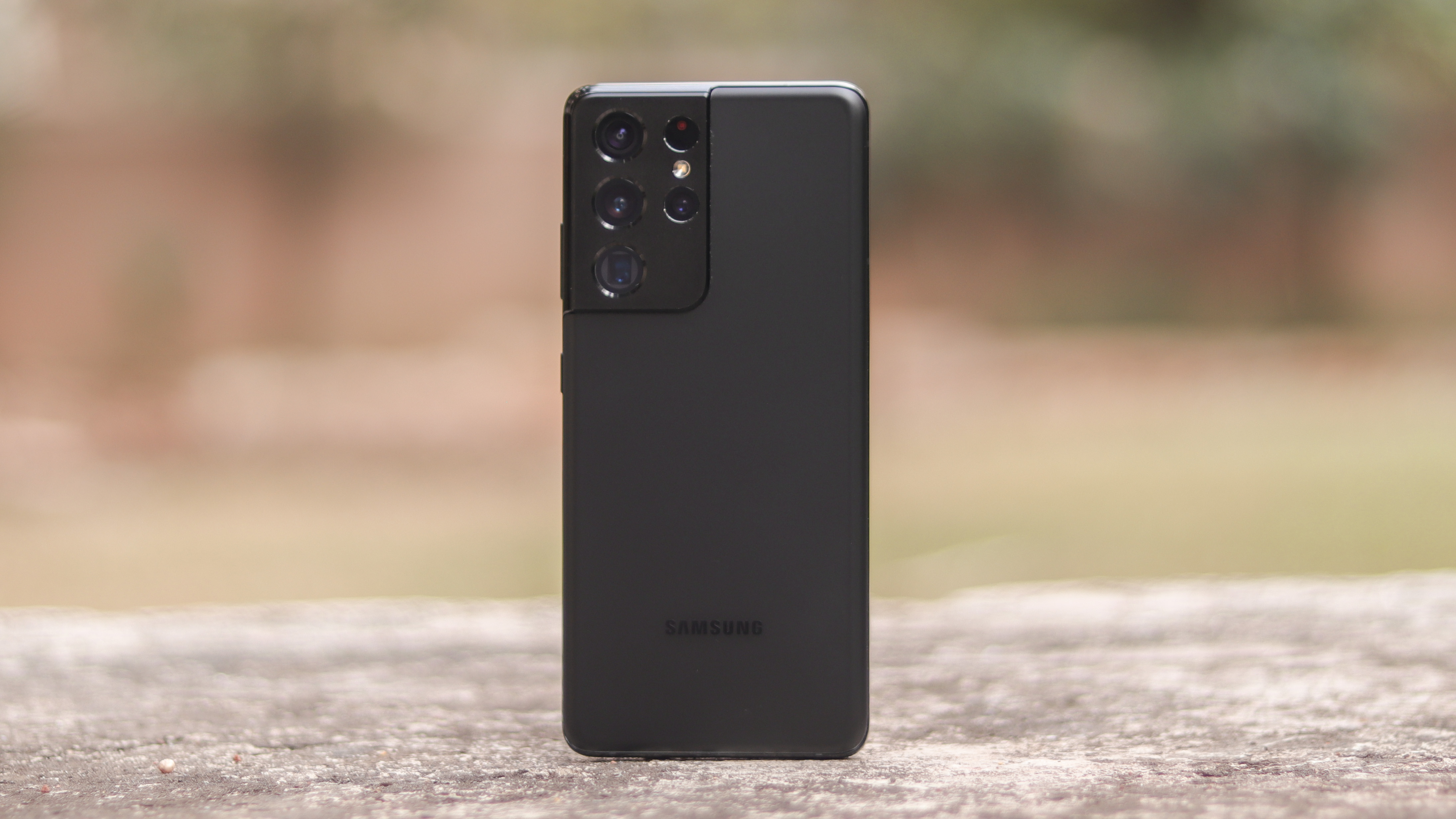
Finally, while the Oppo Find X3 Pro comes in Gloss Black or Blue shades, the Galaxy S21 Ultra is available in Phantom Black, Phantom Silver, Phantom Titanium, Phantom Navy and Phantom Brown, so you have more color choices with Samsung’s phone – though you might not find every color in every region.
Display
The Oppo Find X3 Pro has a 6.7-inch 1440 x 3216 AMOLED screen with a 120Hz refresh rate, HDR10+ support, 525 pixels per inch, and a maximum brightness of 1300 nits.
The Samsung Galaxy S21 Ultra meanwhile has a 6.8-inch 1440 x 3200 AMOLED screen with a 120Hz refresh, HDR10+ support, 515 pixels per inch, and a maximum brightness of 1500 nits.
So these are very similar screens. They’re both curved, have almost identical resolutions, and similar features. The Galaxy S21 Ultra’s is marginally larger and brighter, but the difference is negligible.
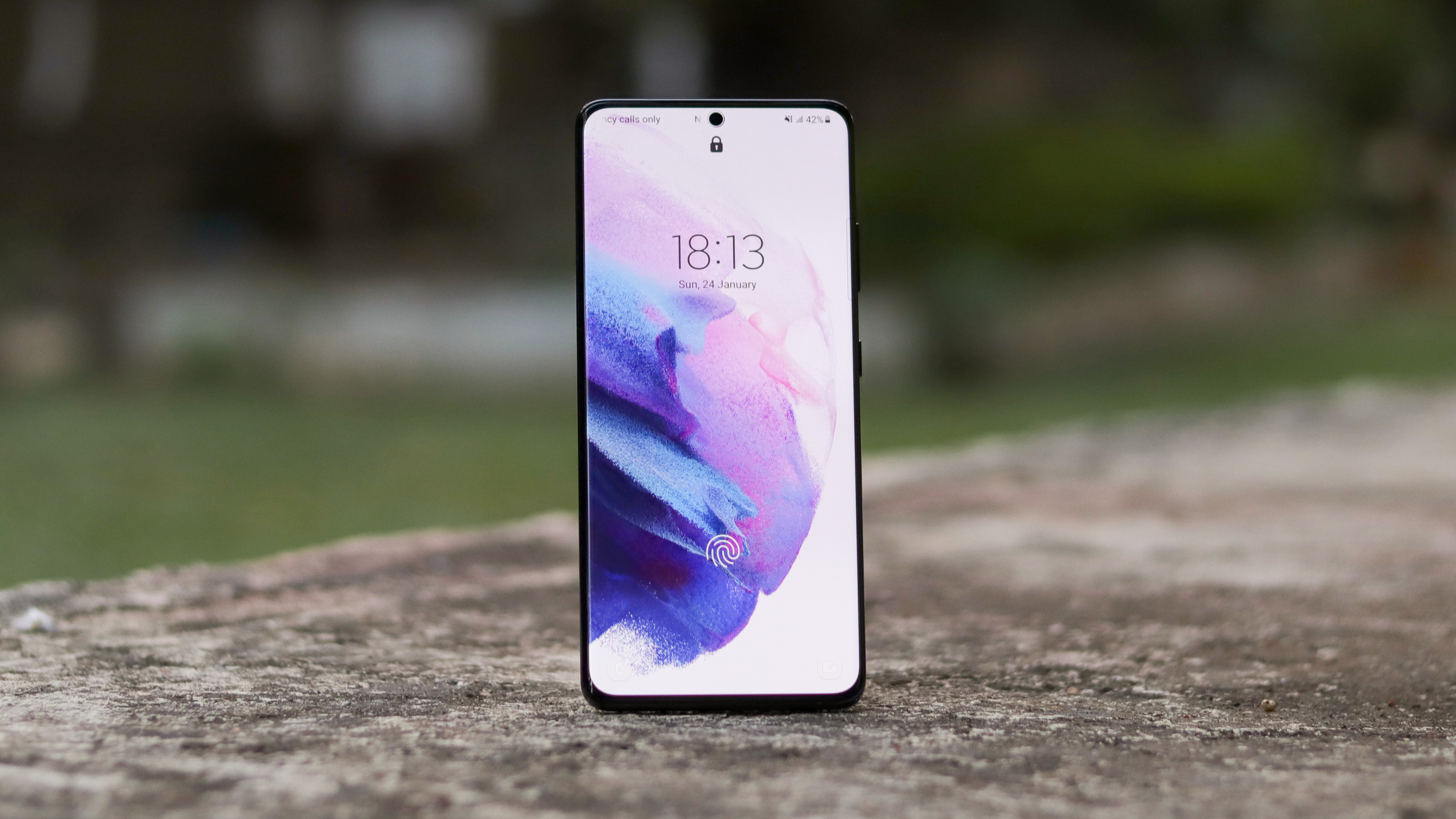
Both phones also have a variable refresh rate, meaning they can operate at much lower than 120Hz when refreshing that fast isn’t beneficial.
The Oppo Find X3 Pro does have a few display features that could give it a slight edge though. For one thing, it can display one billion colors, covering over 100% of the DCI-P3 color gamut, which is slightly more than the Galaxy S21 Ultra.
It also has a ‘Full-Path Color Management System’, which makes sure images and videos aren’t compressed or tweaked too much between leaving the source and being displayed on the screen. In practice though both phones have excellent displays.
Camera
The camera is a big focus for both of these handsets, but they have some very different lenses. The Oppo Find X3 Pro has a 50MP f/1.8 main camera, a 13MP f/2.4 telephoto one (with 3x optical zoom, 5x hybrid zoom, and 20x digital zoom), a 50MP f/2.2 ultra-wide one, and a 3MP f/3.0 microlens.
That last one works a bit like a microscope, letting you zoom in up to 60x on close-up objects for extreme close-ups with a level of detail that the human eye wouldn’t be able to see on its own.
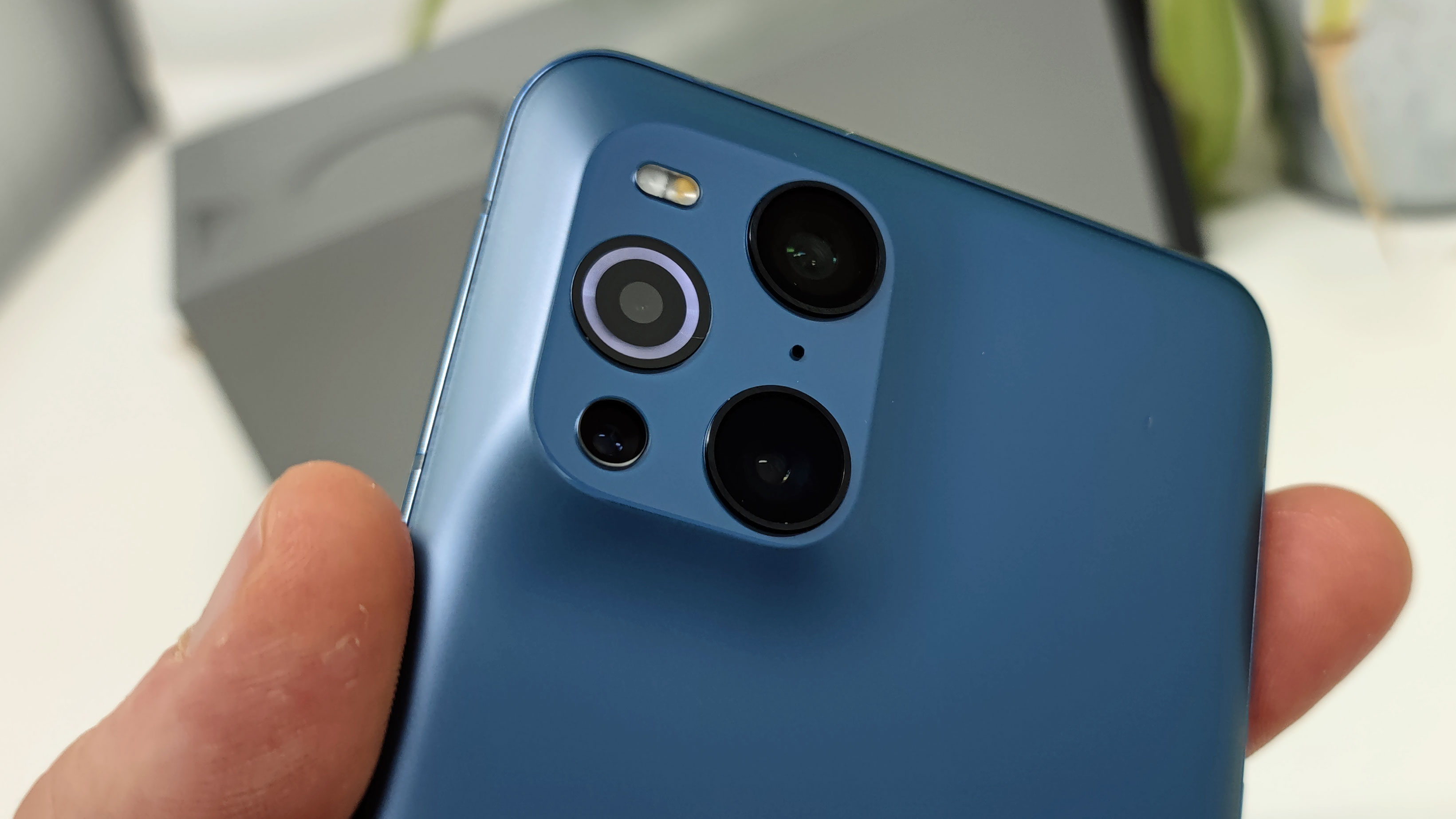
The Samsung Galaxy S21 Ultra on the other hand has a 108MP f/1.8 main camera, a 12MP f/2.2 ultra-wide one, a 10MP f/2.4 telephoto one (with 3x optical zoom), and a 10MP f/4.9 periscope one (with 10x optical zoom and up to 100x digital zoom).
So the Galaxy S21 Ultra is much better for zooming in on distant subjects than the Oppo Find X3 Pro, but it doesn’t have that phone’s microlens skills.
The Samsung Galaxy S21 Ultra also allows you to film video at up to 8K quality, while the Oppo Find X3 Pro tops out at 4K, and the Samsung has a 40MP f/2.2 front-facing camera, to the Oppo’s 32MP f/2.4 one.
Battery life
There’s a 4,500mAh battery inside the Oppo Find X3 Pro, one that supports 65W fast charging, 30W wireless charging, and 10W reverse wireless charging. In our review we found it lasted fairly well – easily seeing us through a day in most cases, and it only takes about 40 minutes to charge from empty to full anyway.
The Samsung Galaxy S21 Ultra has a larger 5,000mAh battery, but only 25W charging, 15W wireless charging, and 4.5W reverse wireless charging, so it takes a lot longer to juice back up. This phone also typically lasted us at least a day between charges.
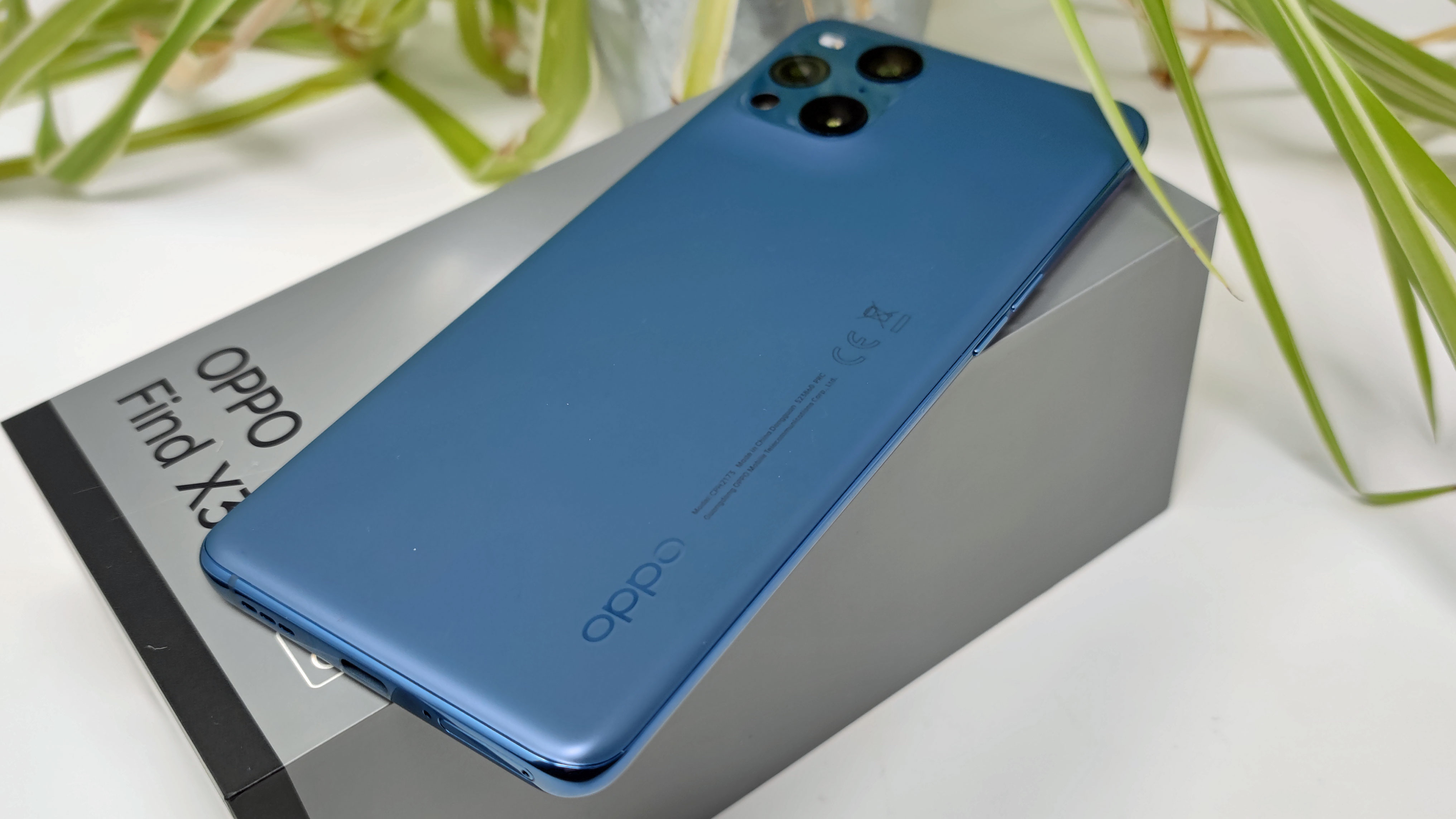
Specs and features
There’s no shortage of power with either of these phones. The Oppo Find X3 Pro has a top-end Snapdragon 888 chipset and 12GB of RAM, while the Samsung Galaxy S21 Ultra has either a Snapdragon 888 (in the US) or a similarly powerful Exynos 2100 (in most other regions), and either 12GB or 16GB of RAM.
So opt for the top RAM amount and the Samsung Galaxy S21 Ultra might have a slight advantage in terms of power. In fact, it might either way, as when we put the Oppo Find X3 Pro through Geekbench 5 benchmarks we found that it didn’t score quite as high as we’d have expected. In practice though, both of these phones should offer more power than almost anyone will need from a phone.
For storage, you get 256GB in the Oppo Find X3 Pro, and a choice of 128GB, 256GB, or 512GB in the Samsung Galaxy S21 Ultra. So Samsung’s phone has the edge for storage too, at least if you shell out for the top model. Neither phone has a microSD card slot, so it’s worth considering how much space you might need.
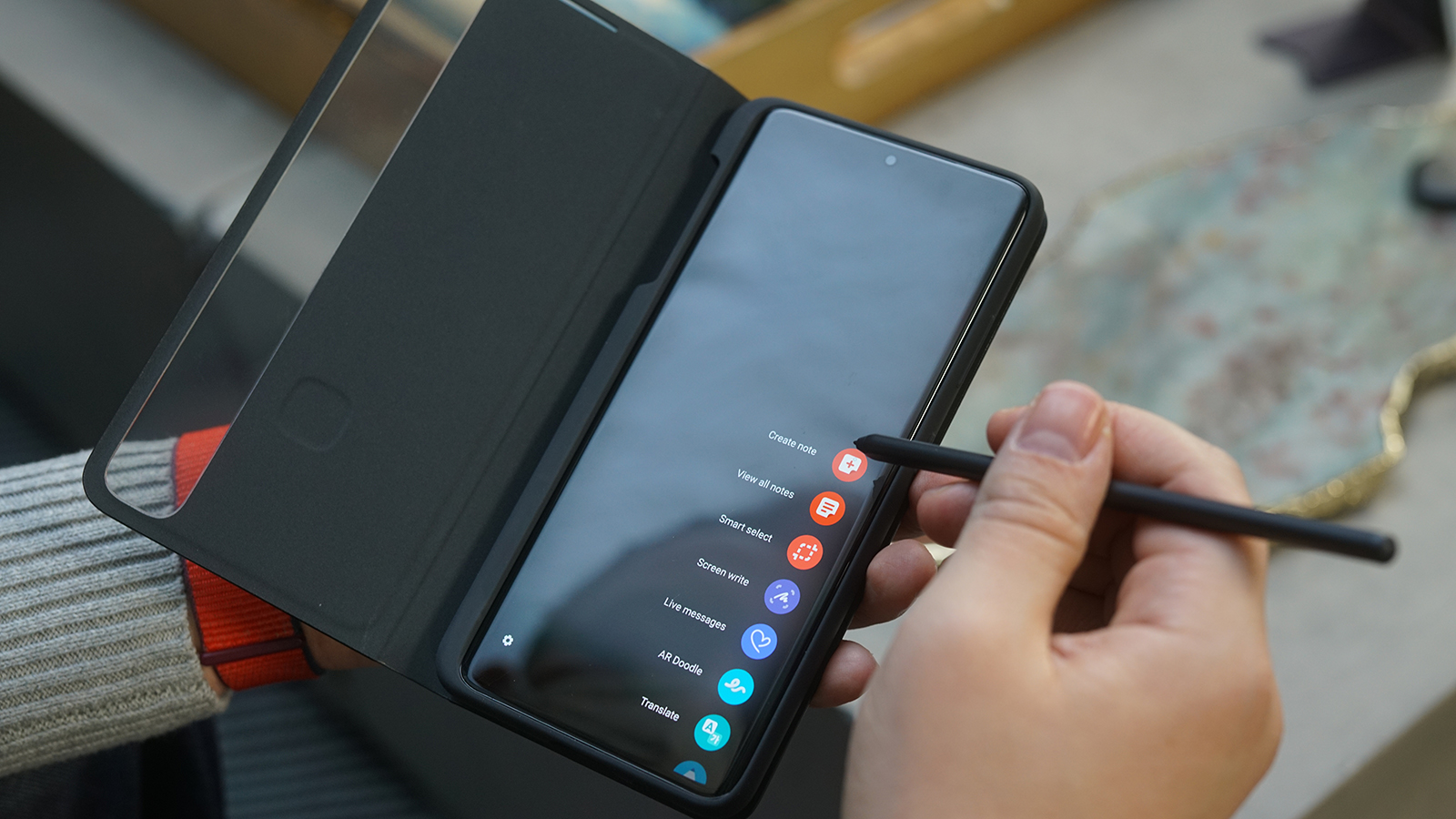
Both phones support 5G, both have an in-screen fingerprint scanner, and both run Android 11 – but on the Galaxy S21 Ultra this is overlaid with Samsung’s One UI, while on the Find X3 Pro it’s overlaid with Oppo’s ColorOS. These affect the look and some features, but they’re both good, and the main factor is the core operating system, which is the same on both.
One thing that is worth noting is that the Samsung Galaxy S21 Ultra supports the company’s S Pen stylus. This is sold separately, but will be a handy accessory for some people, and there’s no equivalent for the Oppo Find X3 Pro.
Price and availability
The Oppo Find X3 Pro will be available to buy in the UK and Australia, but not the US. It costs £1,099 / AU$1,699 (around $1,500), so it’s roughly as expensive as big-name rivals.
Case in point, the Samsung Galaxy S21 Ultra (which is available in the US, UK and Australia), starts at $1,199 / £1,149 / AU$1,849. That’s for 128GB of storage though – for 256GB (the same amount as you get in the Find X3 Pro) or 512GB, you’ll be paying even more.
So of the two, the Oppo Find X3 Pro is slightly more affordable, but both phones cost a lot.
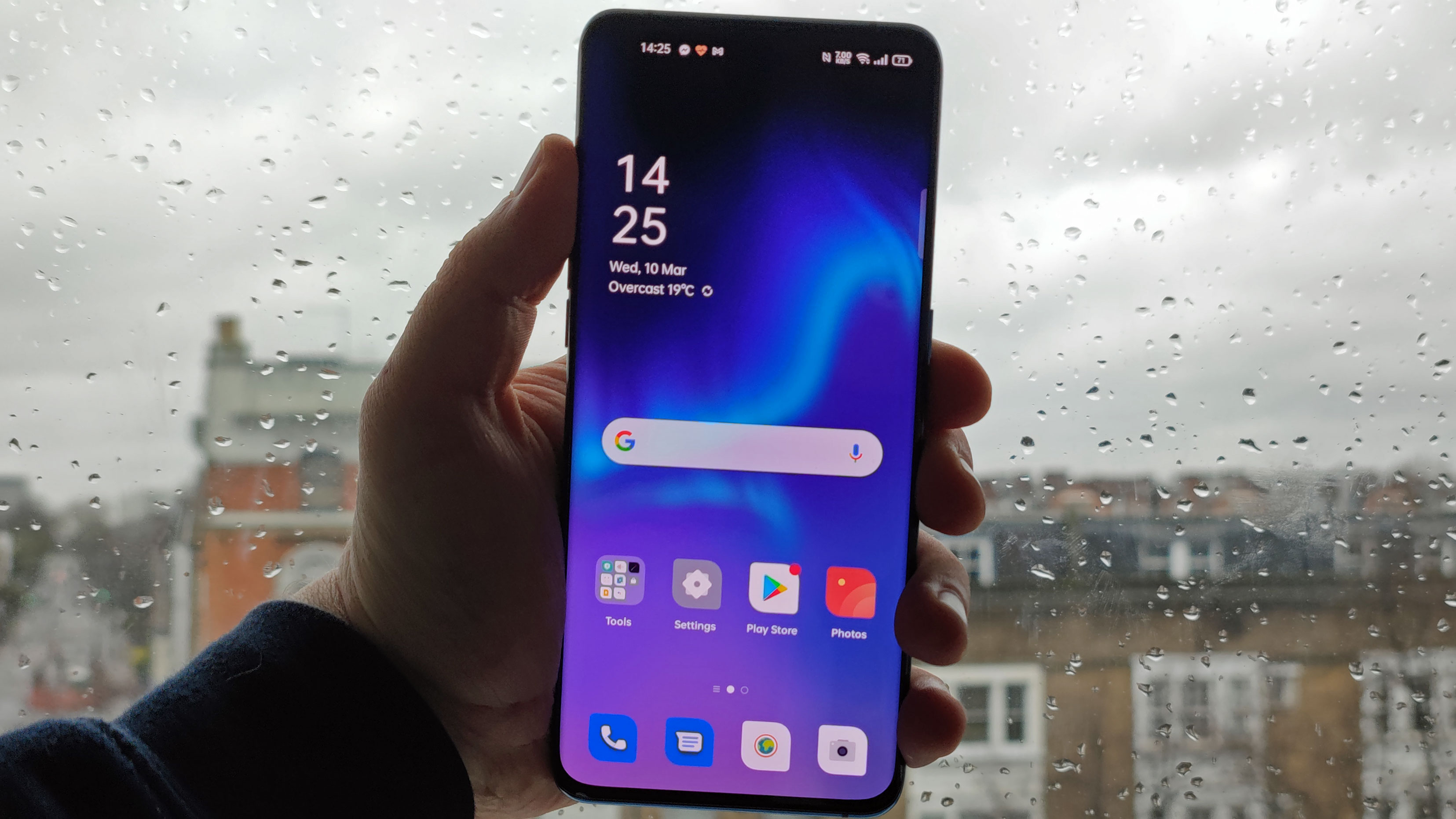
Takeaway
The Oppo Find X3 Pro and Samsung Galaxy S21 Ultra are two of the most high-end and high-price phones available at the time of writing, and they’re similarly accomplished.
Their screen specs are similar, they have similarly premium builds, a similar amount of power, and similar software.
Key differences include the camera, where the big choice is between a long telephoto range (on the Samsung Galaxy S21 Ultra) and the ability to take extreme close-ups (with the Oppo Find X3 Pro).
You also get a bigger battery with the S21 Ultra, but faster charging with the Find X3 Pro, and while the Samsung Galaxy S21 Ultra supports a stylus, you’ll have to buy it separately – and the phone on its own costs more than the Oppo Find X3 Pro.
So these are all things to bear in mind when deciding which – if either – of these ultra-premium phones to buy.
- These are two of the best smartphones
James is a freelance phones, tablets and wearables writer and sub-editor at TechRadar. He has a love for everything ‘smart’, from watches to lights, and can often be found arguing with AI assistants or drowning in the latest apps. James also contributes to 3G.co.uk, 4G.co.uk and 5G.co.uk and has written for T3, Digital Camera World, Clarity Media and others, with work on the web, in print and on TV.